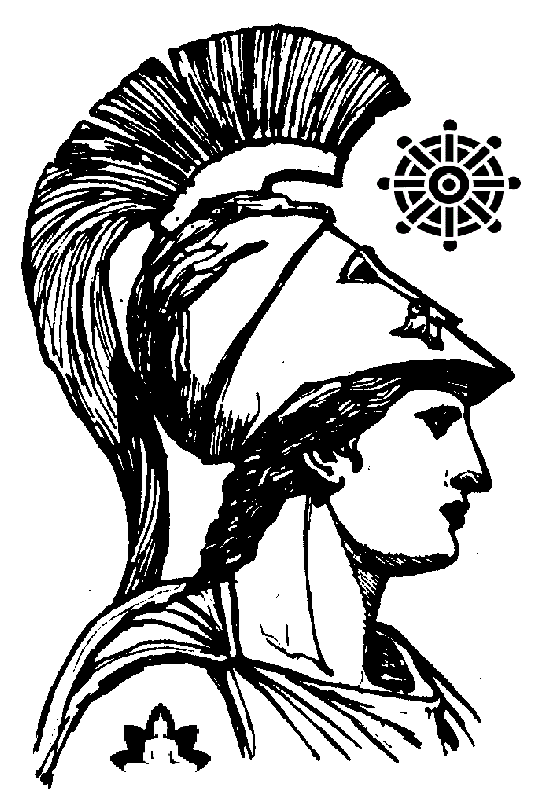
Stoicism is an ancient Greco-Roman religio-philosophical school founded in Athens, Greece by Zeno of Citium in the 4th century BCE. The heart of its teachings expresses a life full of joy, resilience, and human potential. The modern dictionary description of a Stoic, as someone with an emotionless and coldly logical mind-set, who can endure pain without complaint, is an inaccurate definition that cloaks the true purport of the philosophy. The goal of Stoicism is the realization of human flourishing (eudaimonia) through the practice of non-attachment to negative thoughts and feelings (apatheia), and the cultivation of inner joy (eupatheia) and the tranquility of mind (ataraxia). This is accomplished by developing arête, (personal excellence). Arête, or virtus in Latin, is considered the only good which is based on the wisdom of living in harmony with nature (reality-as-it-is), the logos.
Stoicism has been an influential philosophical school for more than 2,200 years. It has influenced the development of early Christianity and later inspired European philosophers such as Thomas Aquinas, Maimonides, and Baruch Spinoza. Later, in the 20th century, it became an inspiration for the development of Cognitive-Behavioral Therapy (CBT). Well-known practitioners of Stoic philosophy include George Washington, Thomas Jefferson, Theodore Roosevelt, Vietnam war hero and vice-presidential candidate, Vice Admiral James B. Stockdale, coach Peter Carrol of the Seattle Seahawks, and hip-hop star LL Cool J.

